Historic figures who battled addiction
Throughout history, addiction has been a silent companion to many of the world’s greatest minds and talents. From the roaring twenties to the golden age of Hollywood, the allure and subsequent struggles with substances have often walked hand in hand with creativity and influence.
Understanding these stories not only humanizes these larger-than-life figures but also sheds light on the pervasive nature of addiction, impacting individuals across different eras and backgrounds.
Ernest Hemingway: The Literary Giant’s Battle with Alcohol
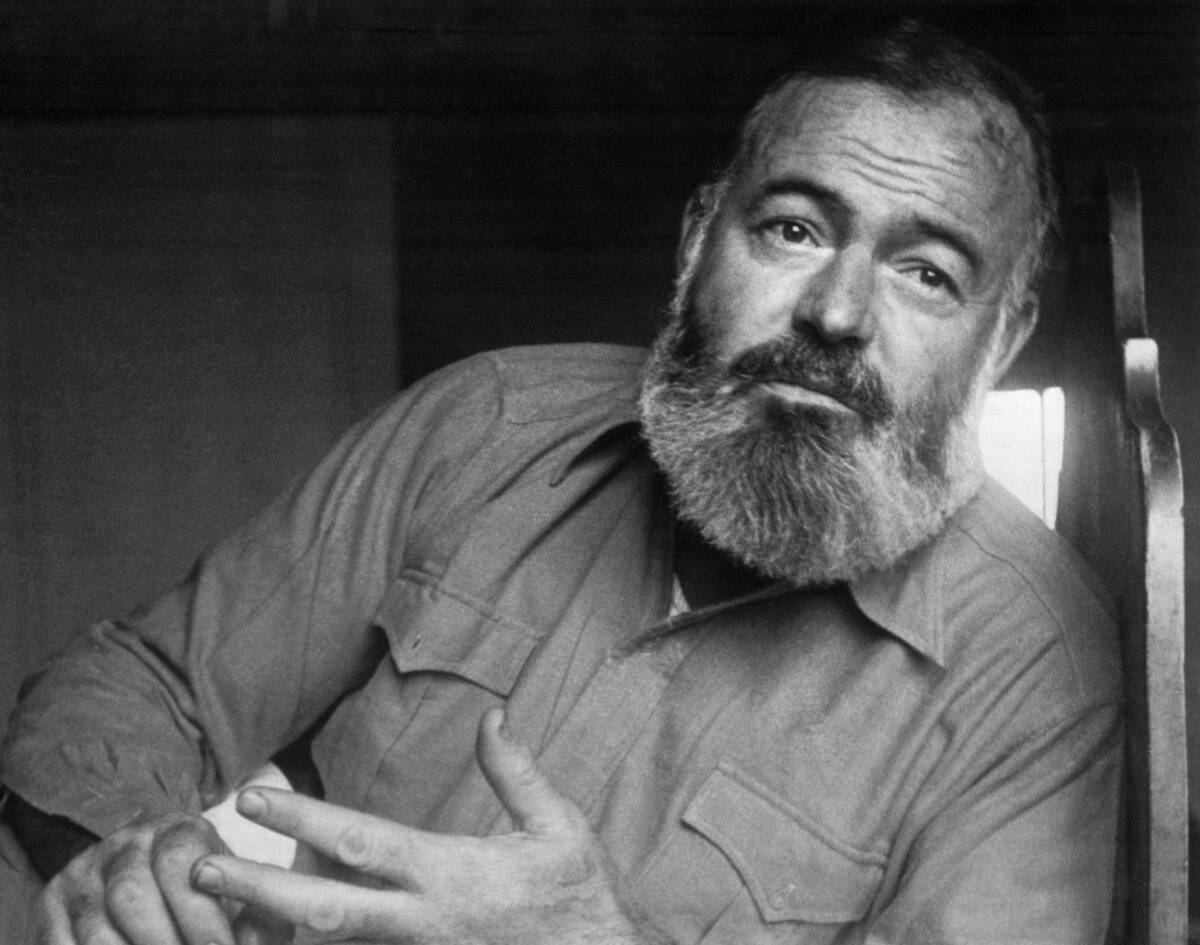
Ernest Hemingway, renowned for his terse prose and adventurous spirit, was equally known for his affinity for alcohol. His love for drinking began during his years as a young expatriate in Paris, where he famously frequented bars like Les Deux Magots.
Despite his literary brilliance, Hemingway’s drinking escalated over the years, contributing to his mental health struggles, and ultimately, his tragic death in 1961. His life underscores the delicate balance between creative genius and personal demons.
Judy Garland: A Hollywood Star’s Struggle with Prescription Drugs
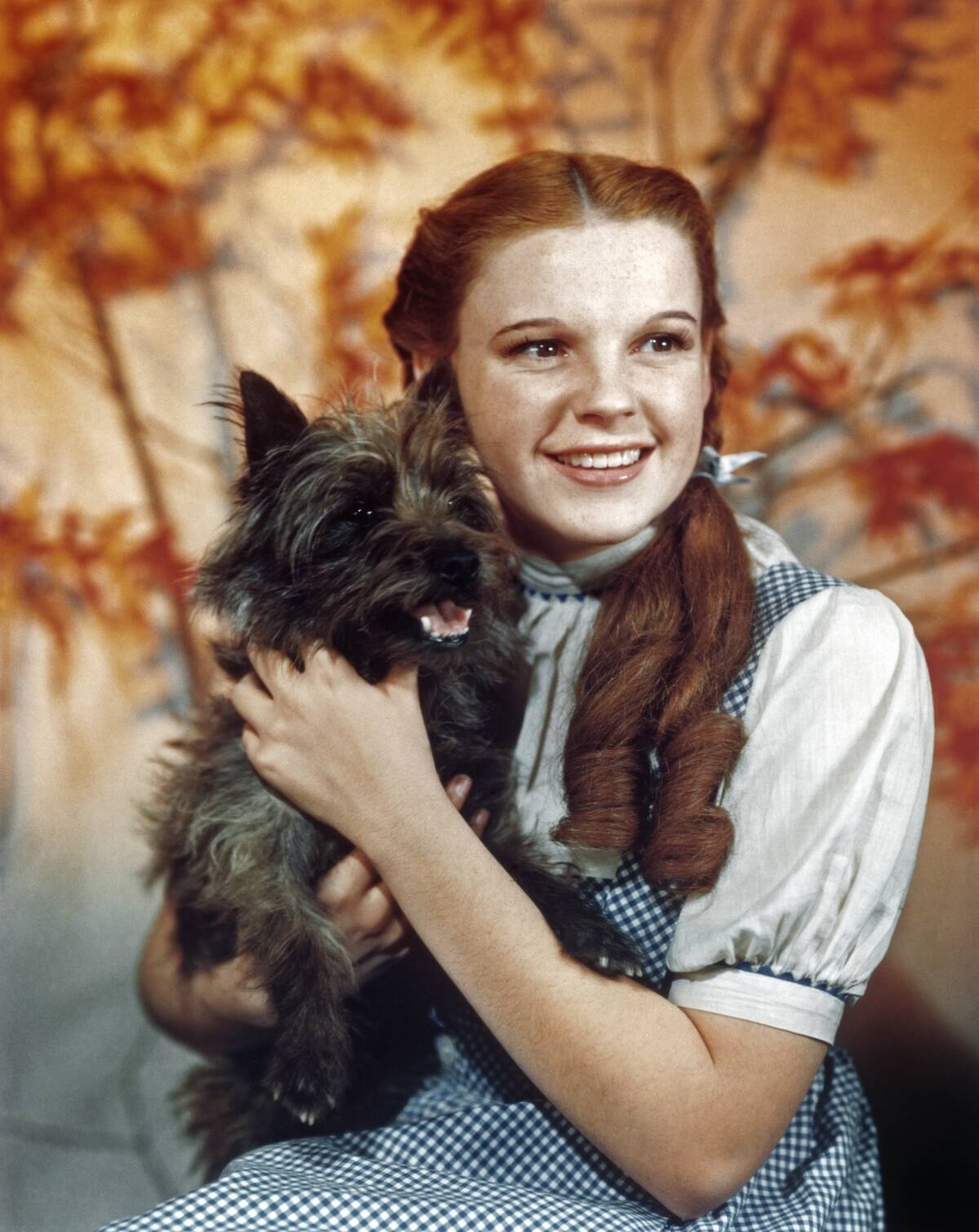
Judy Garland, the beloved star of ‘The Wizard of Oz,’ faced immense pressure from Hollywood’s studio system, which contributed to her dependency on prescription drugs. Starting at a young age, Garland was given stimulants to maintain her energy for grueling schedules and sedatives to help her sleep.
This cycle of dependency took a toll on her health and career, illustrating the darker side of show business during its golden age, a stark contrast to her on-screen magic.
Winston Churchill: The Statesman’s Relationship with Alcohol
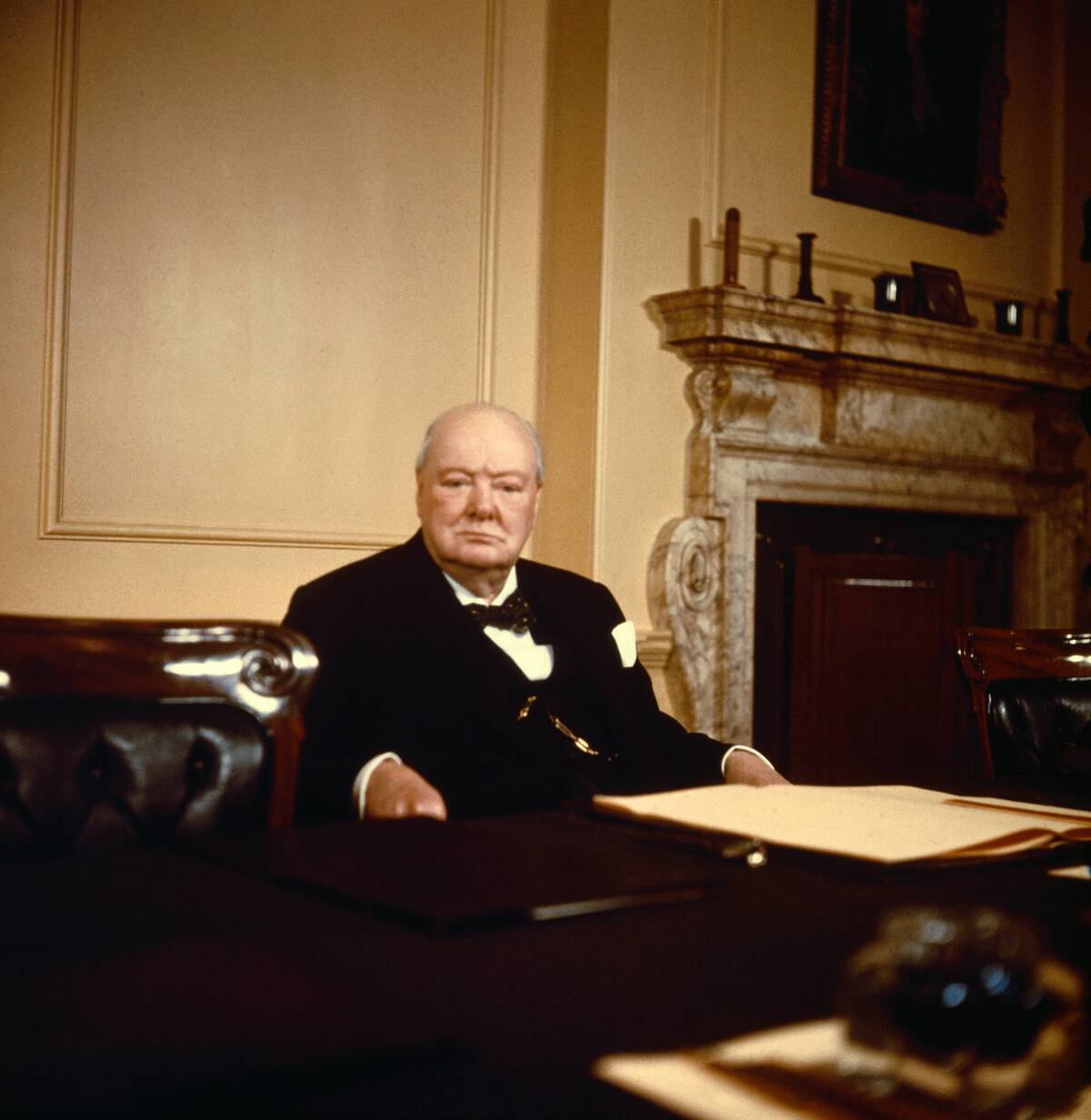
Winston Churchill, Britain’s stalwart leader during World War II, had a well-documented penchant for alcohol. Known for his wit and resilience, Churchill often began his day with a glass of whiskey and soda, and his fondness for champagne was legendary.
Despite his frequent drinking, he maintained a sharp mind, leading Britain through its darkest hours. His story highlights the complex relationship between personal habits and public life, showing that even great leaders have their vices.
Billie Holiday: Jazz Legend and Her Fight Against Substance Abuse
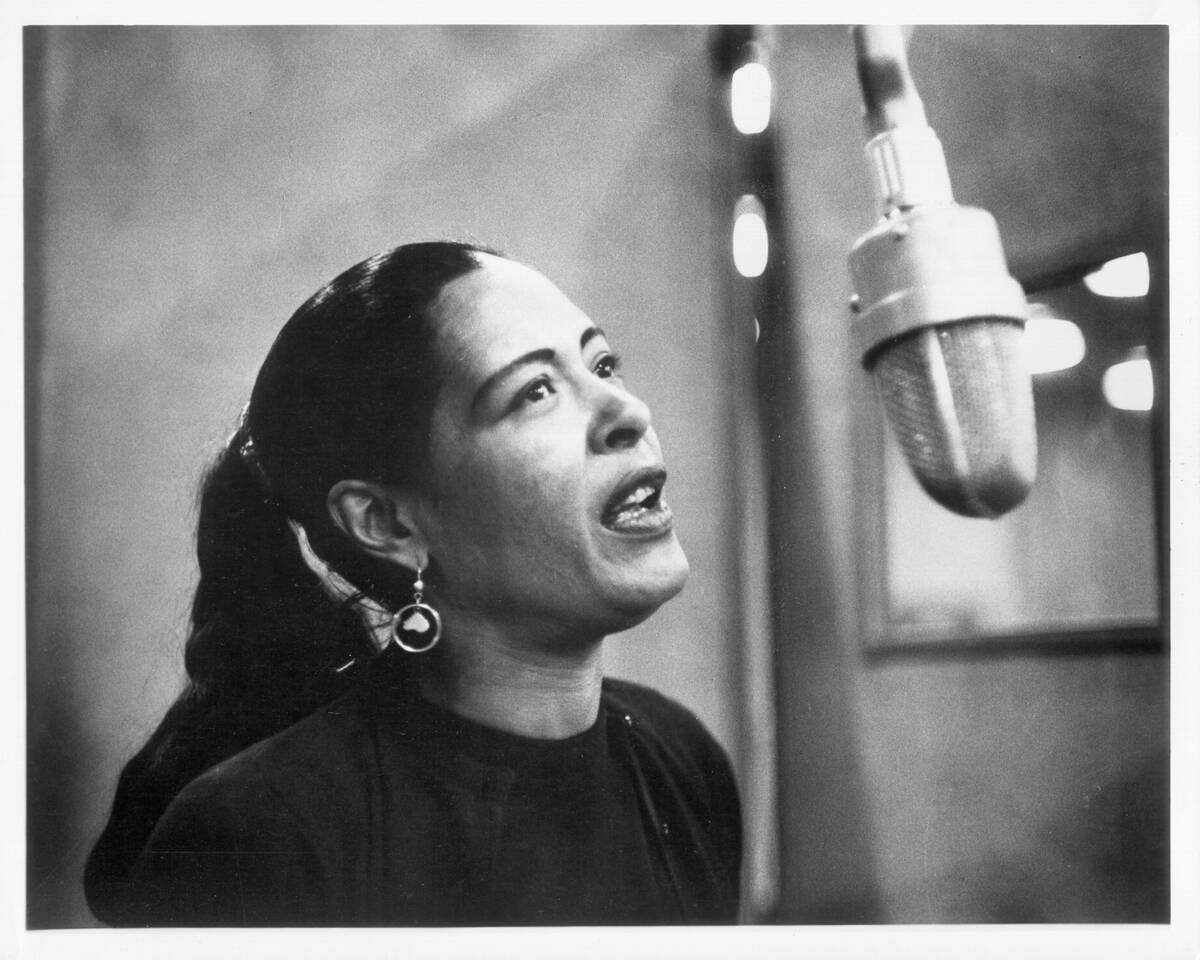
Billie Holiday, the iconic jazz singer, struggled with substance abuse throughout her career, which was marked by both incredible success and personal turmoil. Her dependency on heroin and alcohol was exacerbated by her tumultuous relationships and the racial discrimination she faced.
Despite her challenges, Holiday’s emotional depth and unique voice continue to resonate, serving as a reminder of the personal struggles that can accompany artistic brilliance.
Sigmund Freud: The Father of Psychoanalysis and Cocaine
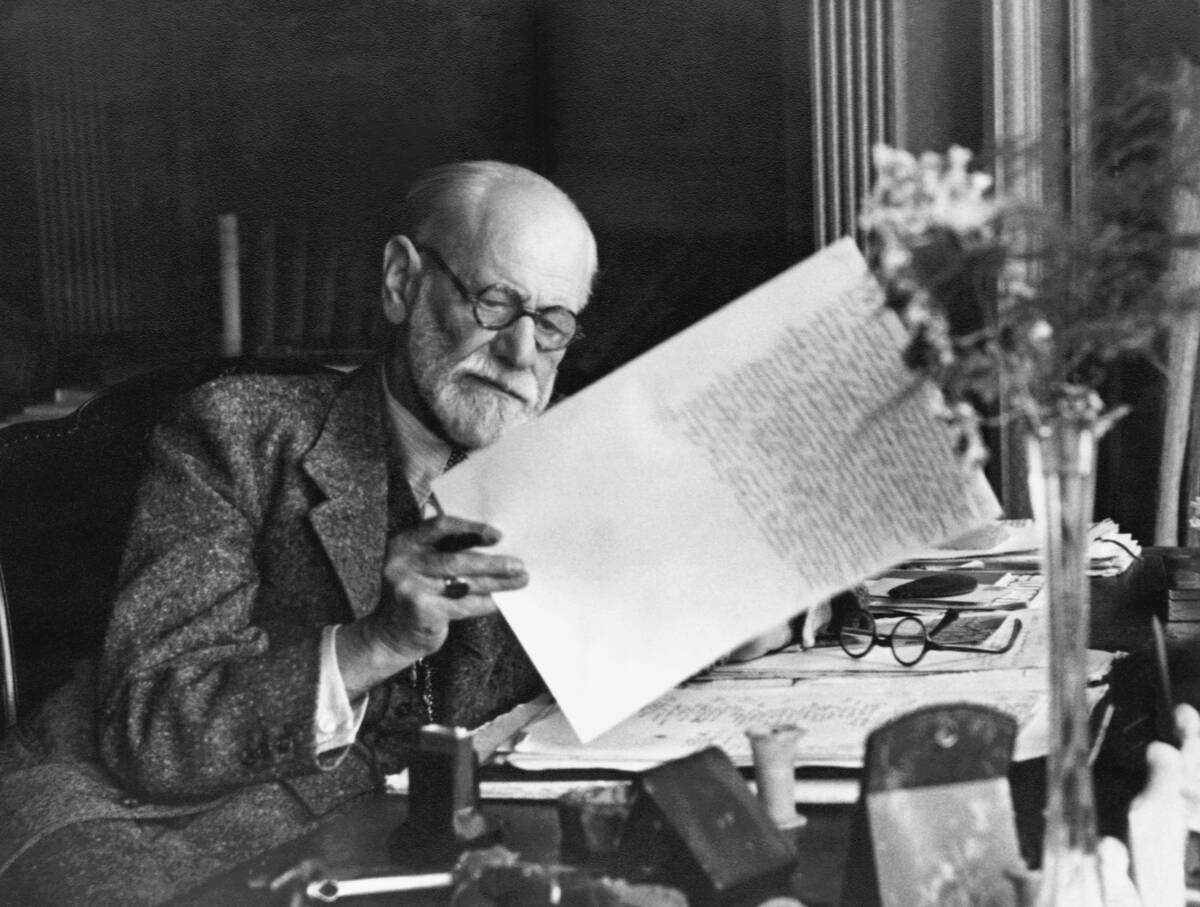
Sigmund Freud, the founding father of psychoanalysis, had a complex relationship with cocaine. In the late 19th century, Freud advocated for its use, believing it to be a cure-all for various ailments. He even used it himself and prescribed it to friends and colleagues.
However, as the addictive nature of cocaine became apparent, Freud distanced himself from the drug. His early enthusiasm and later caution reflect the evolving understanding of substance use and its impacts.
Ulysses S. Grant: The Civil War Hero’s Struggle with Alcoholism
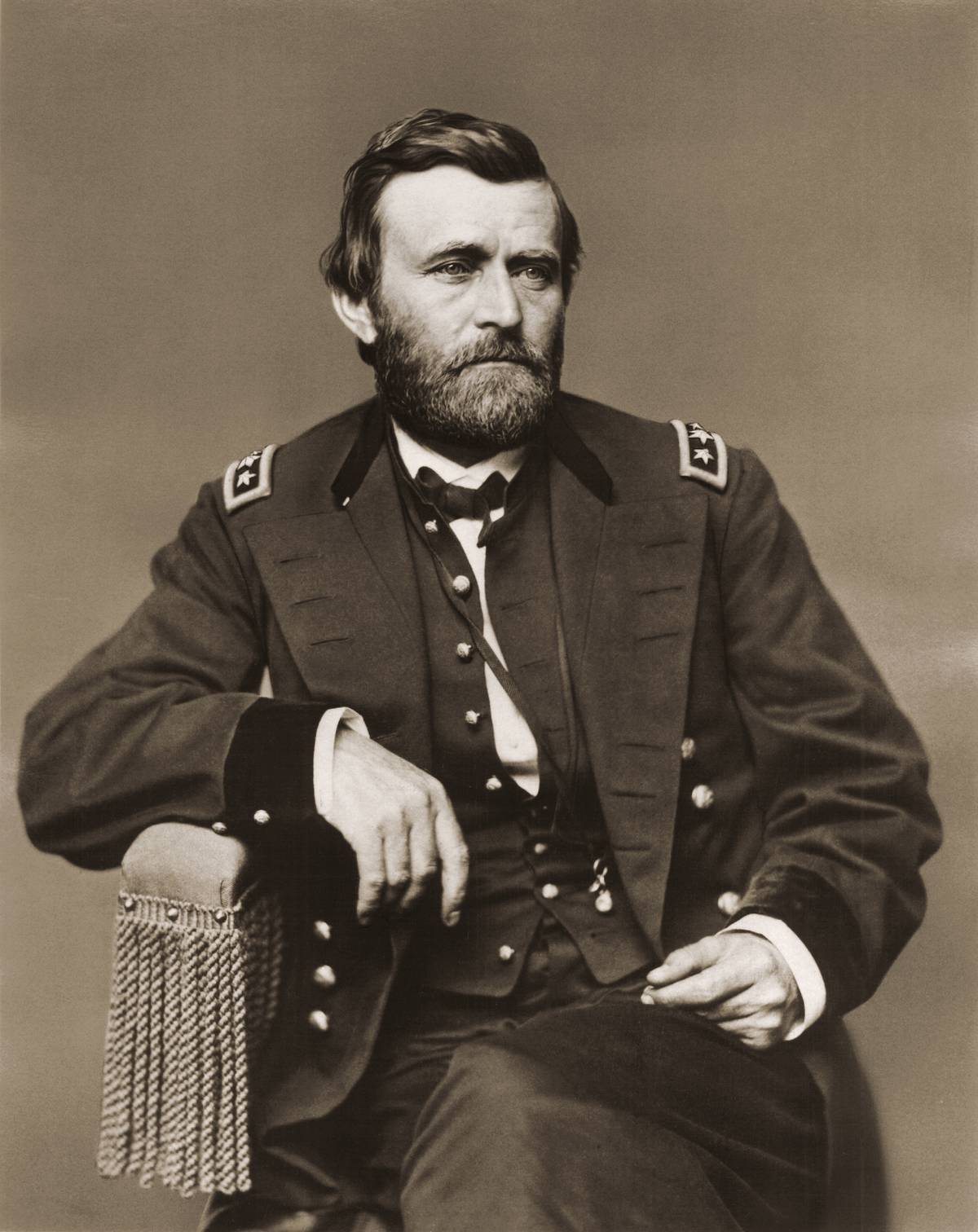
Ulysses S. Grant, the celebrated Civil War general and 18th President of the United States, battled alcoholism throughout his life. Known for his strategic brilliance on the battlefield, Grant’s drinking problem was an open secret among his peers.
Despite his personal struggles, he led the Union Army to victory and later worked to heal a divided nation. Grant’s story is a testament to resilience, showing how personal challenges can coexist with public triumphs.
Marilyn Monroe: Iconic Actress and Her Prescription Medication Struggles
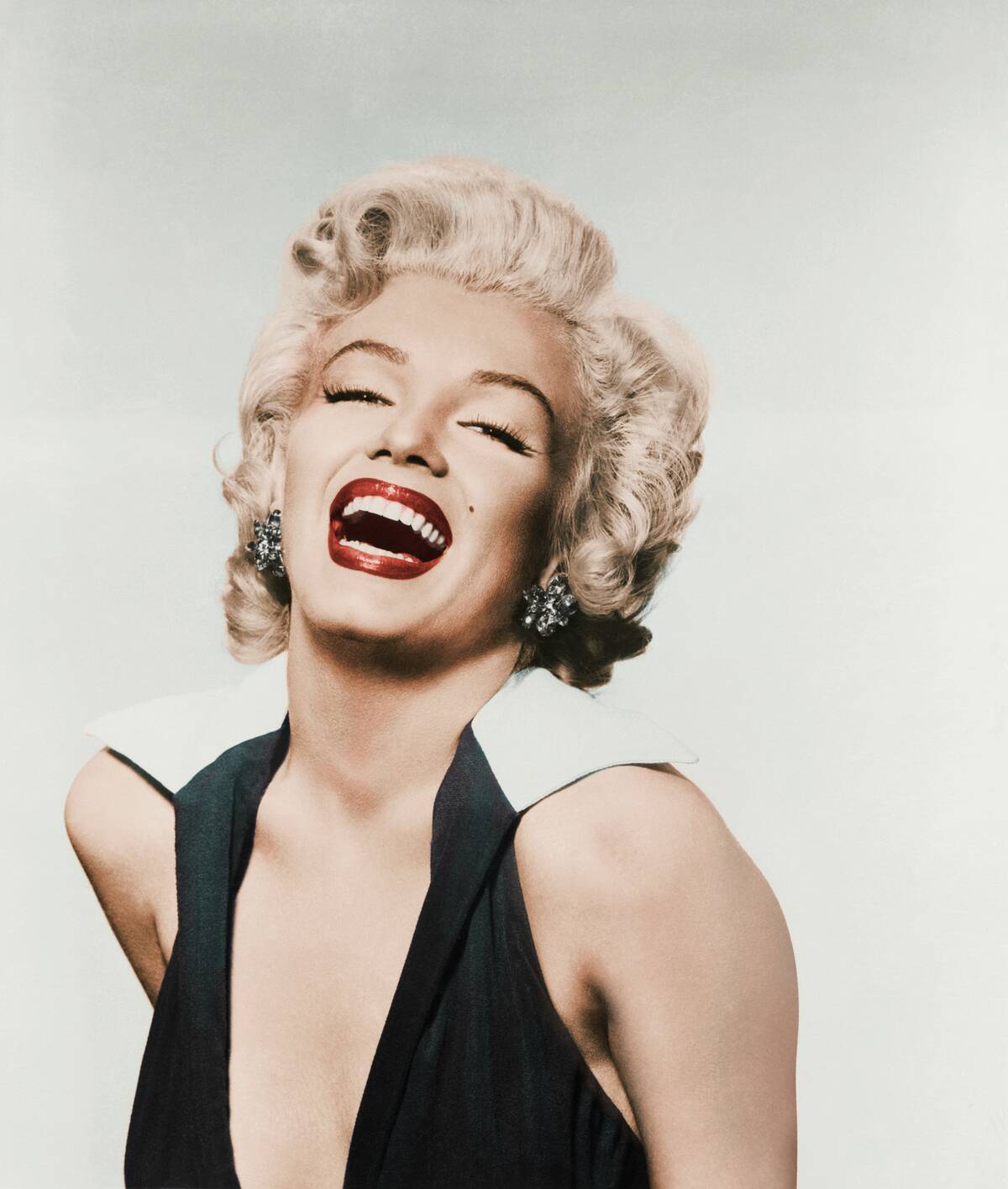
Marilyn Monroe, an enduring symbol of beauty and glamour, faced significant struggles behind the scenes. Battling anxiety and depression, Monroe became reliant on prescription medications. Her dependency was fueled by the intense scrutiny and pressure of fame.
Despite her tragic end, Monroe remains an icon, her life a poignant example of the often unseen challenges that accompany celebrity, and the impact of mental health issues exacerbated by substance use.
Edgar Allan Poe: A Poet’s Turbulent Relationship with Alcohol and Drugs
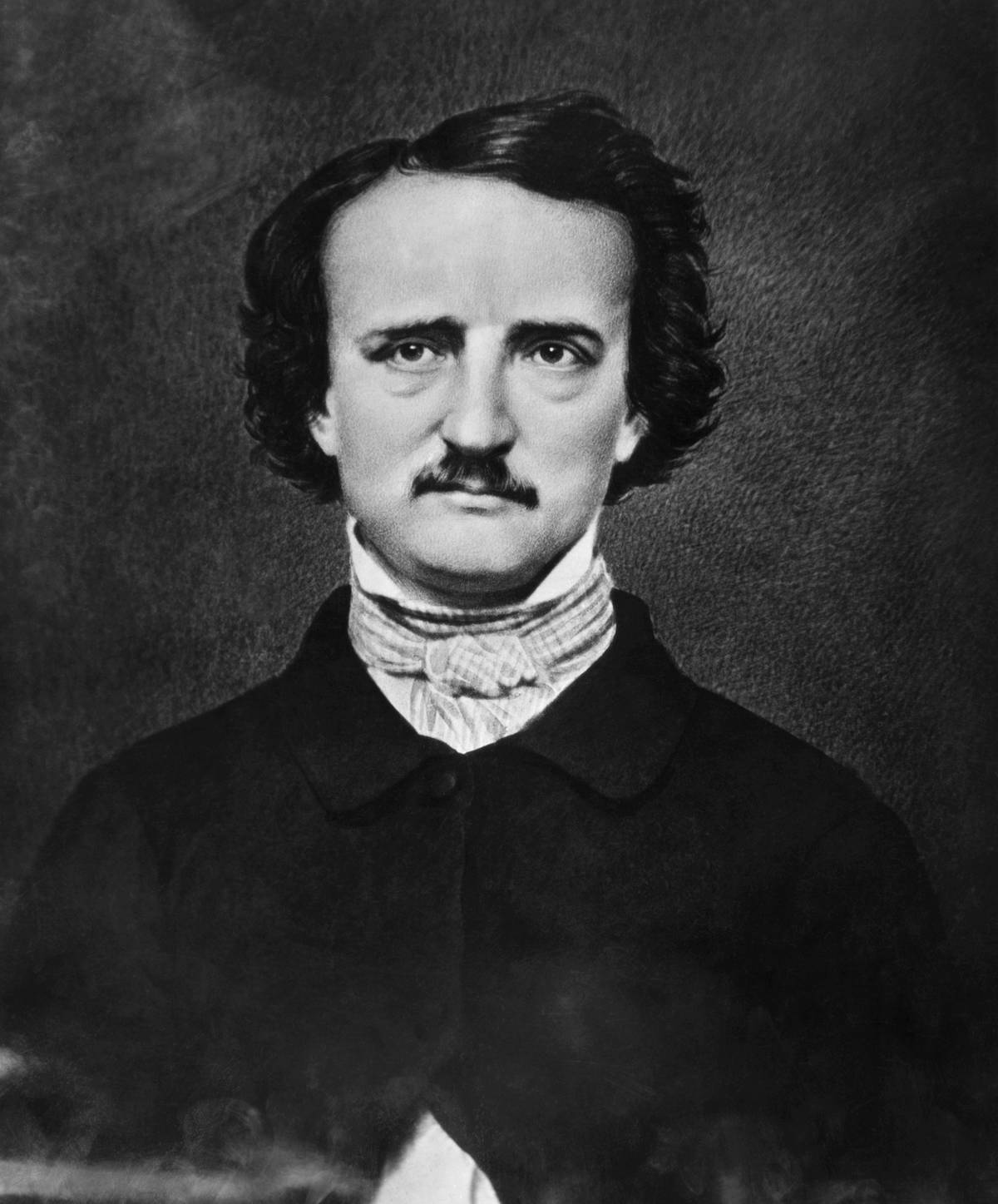
Edgar Allan Poe, master of macabre storytelling, had a fraught relationship with alcohol. His life was marked by tragedy and poverty, fueling his reliance on drink. While some accounts suggest Poe also used opium, alcohol was his primary vice.
Despite his struggles, Poe’s literary contributions remain unparalleled, illustrating how personal turmoil can inspire profound creativity, yet also lead to an untimely demise, as seen in his mysterious death at the age of 40.
Elizabeth Taylor: The Silver Screen Legend’s Battle with Addiction
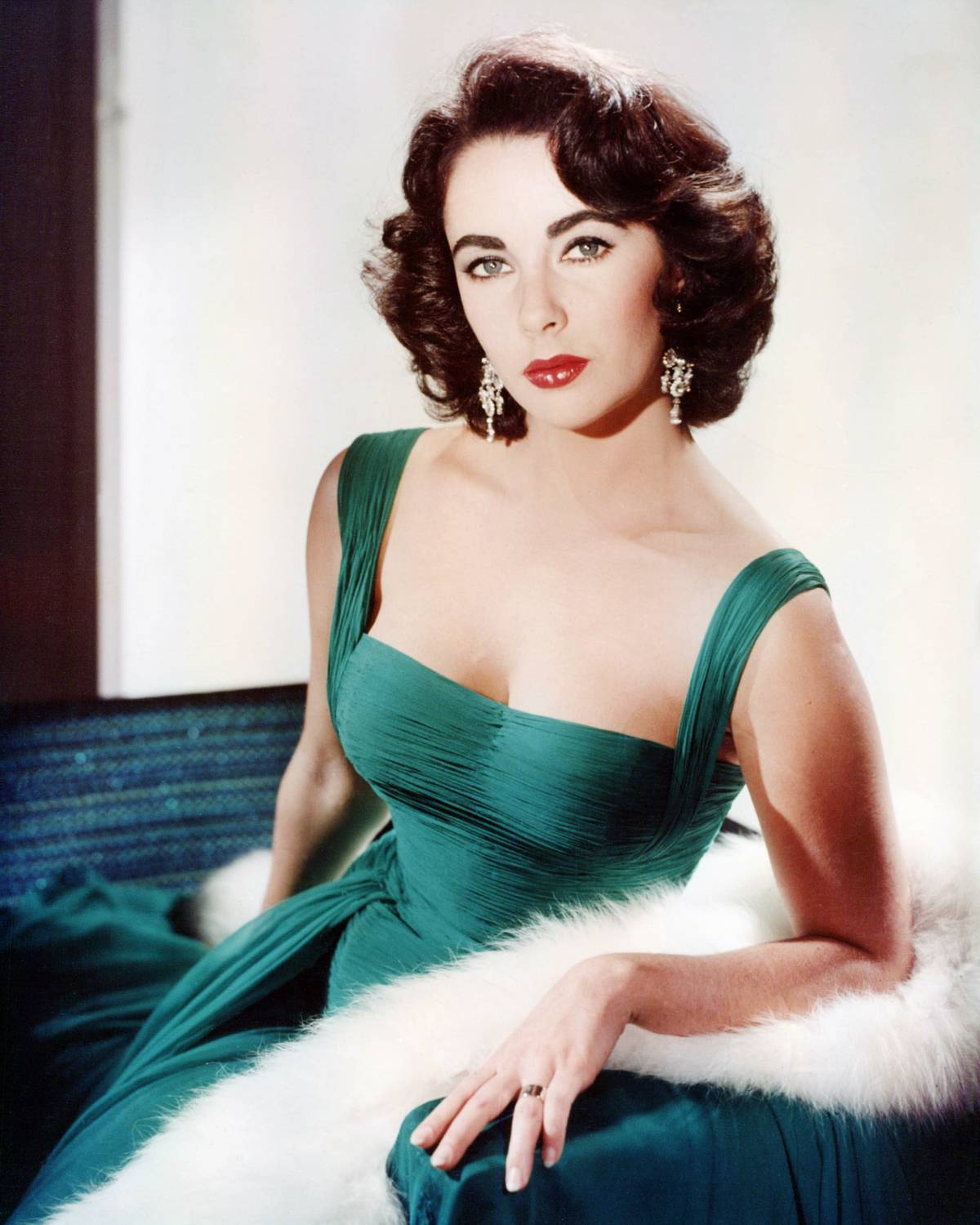
Elizabeth Taylor, known for her stunning beauty and acting talent, also faced significant personal challenges with addiction. Throughout her life, Taylor struggled with alcohol and prescription painkillers, a battle she openly acknowledged later in life.
Her commitment to recovery and advocacy for addiction awareness became an integral part of her legacy. Taylor’s story highlights the importance of addressing addiction openly and the power of resilience in overcoming personal battles.
Vincent van Gogh: The Artist’s Struggles with Absinthe and Mental Health
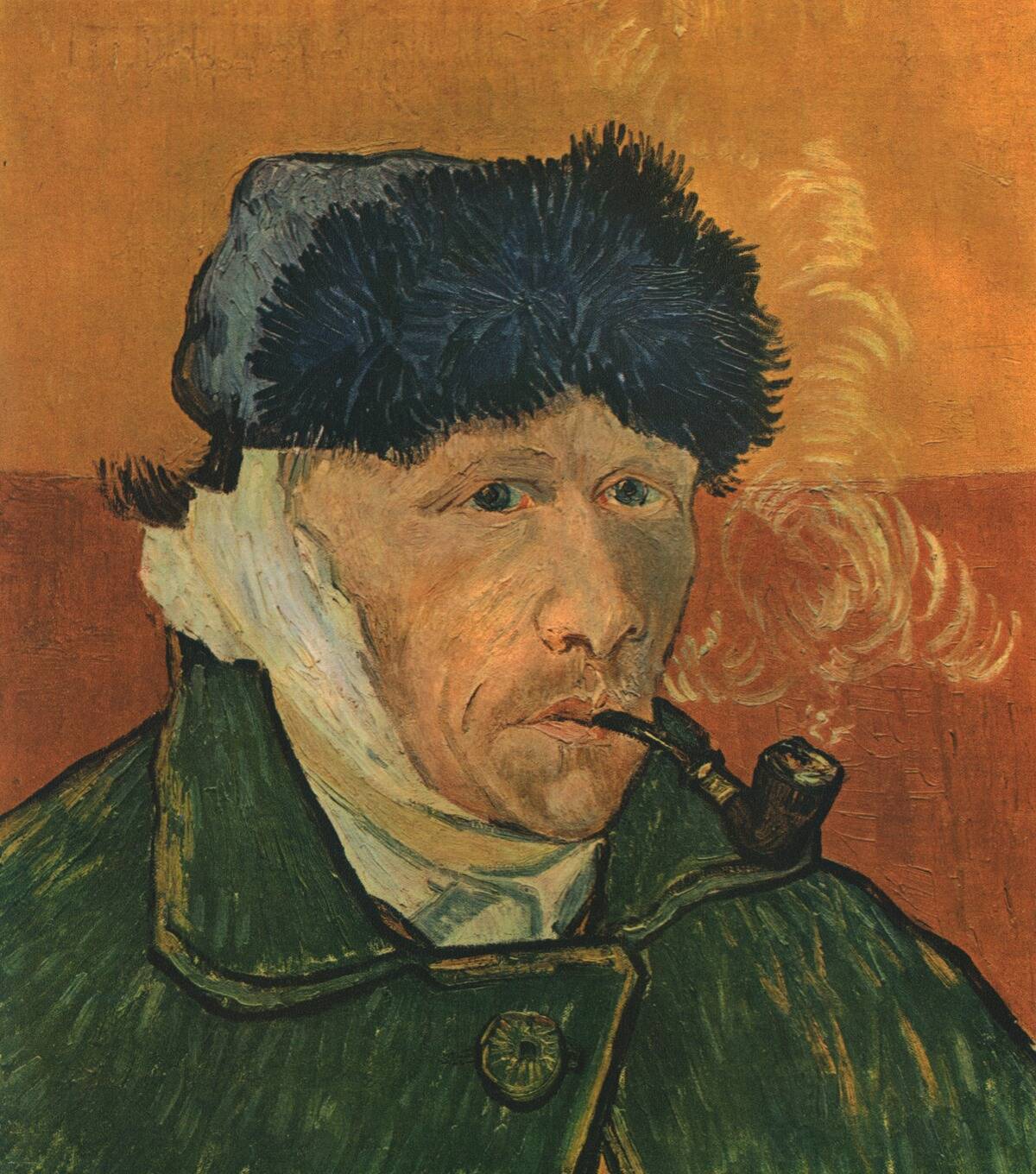
Vincent van Gogh, the post-impressionist genius, struggled with mental health issues exacerbated by heavy drinking, particularly absinthe. His tumultuous life was mirrored in his vivid and emotional artwork, which went largely unappreciated during his lifetime.
Van Gogh’s consumption of absinthe, a strong alcoholic drink popular in the 19th century, is often linked to his erratic behavior. Today, his life and art are celebrated, offering insight into the complex interplay of creativity and mental illness.
Howard Hughes: The Eccentric Billionaire’s Dependency on Medication
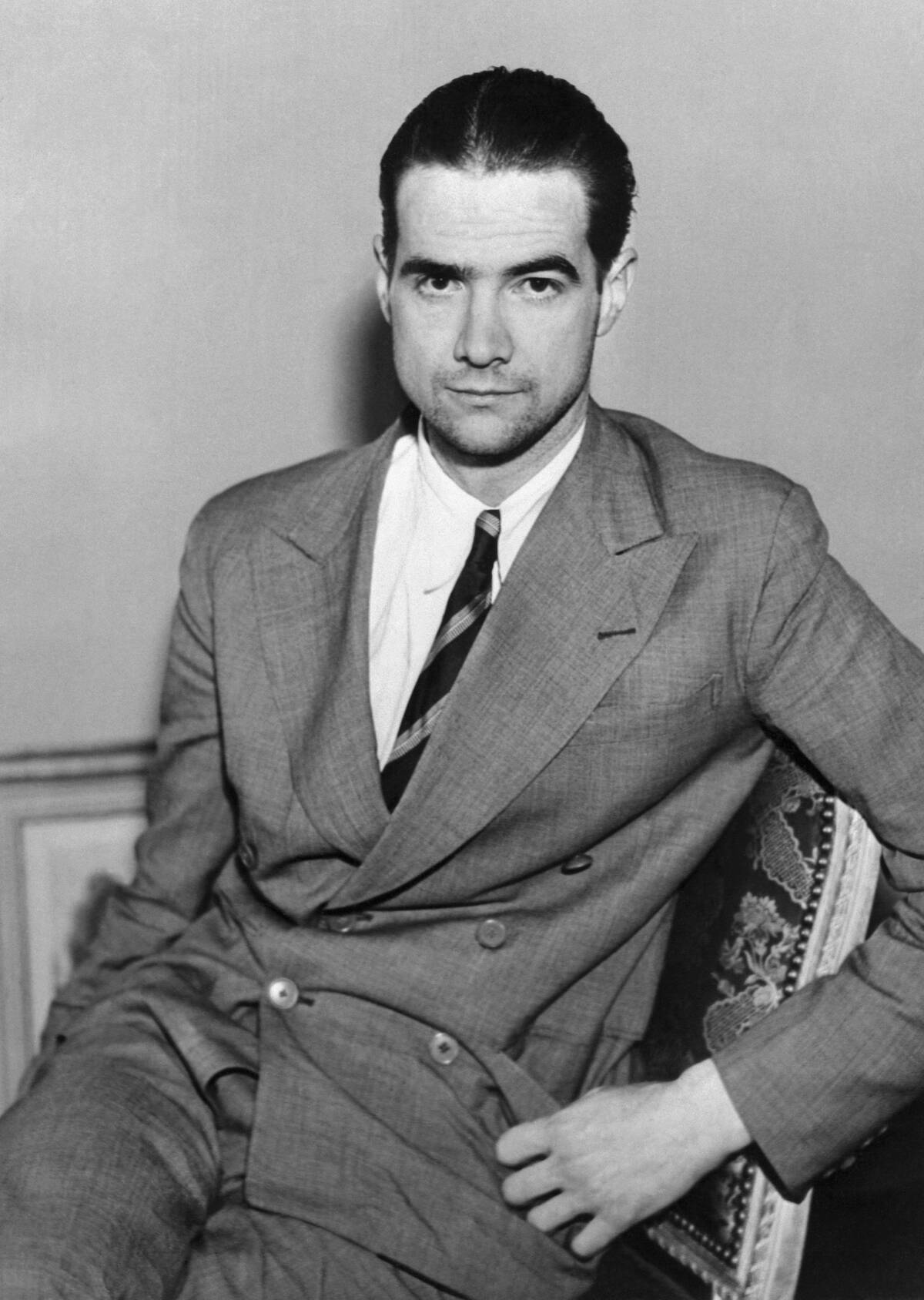
Howard Hughes, the reclusive billionaire, and aviation pioneer, was as famous for his eccentricities as for his achievements. Hughes’s intense phobias and chronic pain from multiple plane crashes led to a dependency on painkillers and other medications.
His life became increasingly isolated, marked by erratic behavior and obsessive-compulsive tendencies. Hughes’s story serves as a cautionary tale of how wealth and genius can be shadowed by mental health challenges and addiction.
Frida Kahlo: Pain and Addiction in the Life of a Renowned Artist
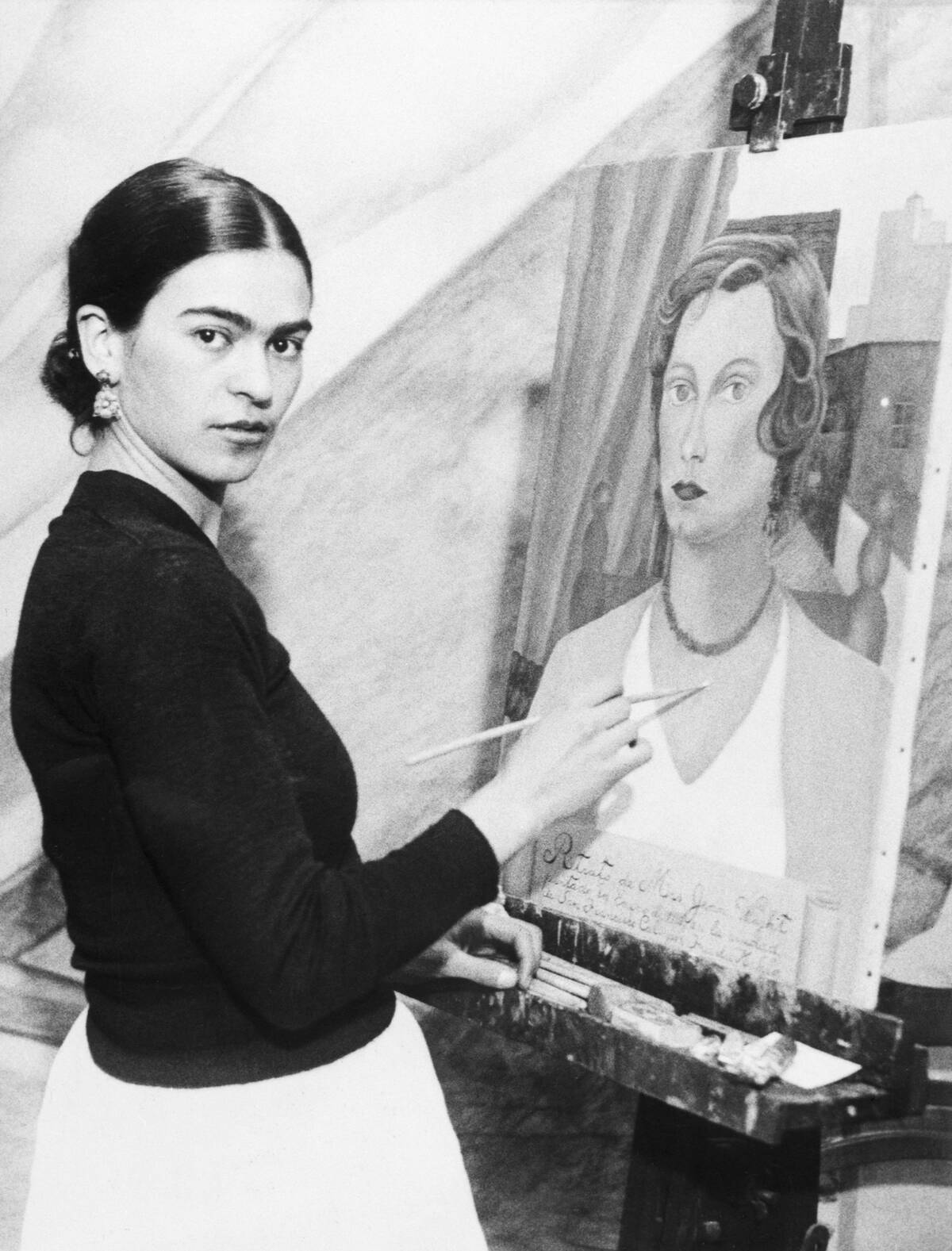
Frida Kahlo, known for her vibrant self-portraits and exploration of identity, was no stranger to pain, both physical and emotional. After a severe bus accident, Kahlo endured numerous surgeries and chronic pain, leading to a reliance on painkillers and alcohol.
Her art often reflected her suffering and resilience, making her a powerful symbol of strength. Kahlo’s life underscores the link between personal pain and creative expression, and the challenges of managing chronic illness.
Charlie Parker: Jazz Saxophonist and His Heroin Addiction
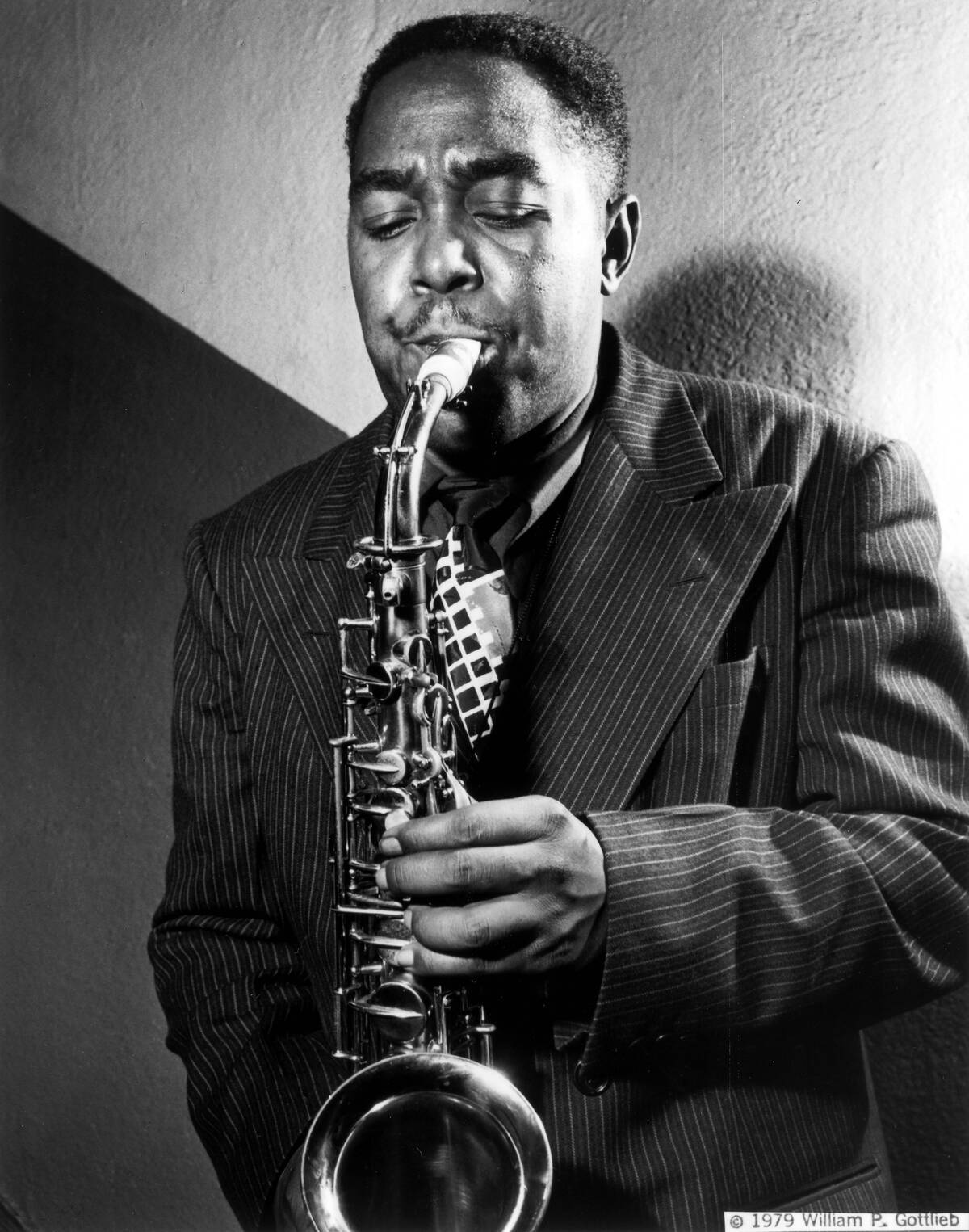
Charlie Parker, one of jazz’s most influential figures, battled heroin addiction for much of his life. Despite his struggles, Parker revolutionized jazz with his innovative approach to harmony and rhythm.
His addiction often led to erratic behavior and legal troubles, which overshadowed his career. Parker’s life, marked by both groundbreaking music and personal demons, illustrates the destructive nature of addiction and its impact on even the most brilliant talents.
F. Scott Fitzgerald: The Roaring Twenties Author’s Alcohol Challenges
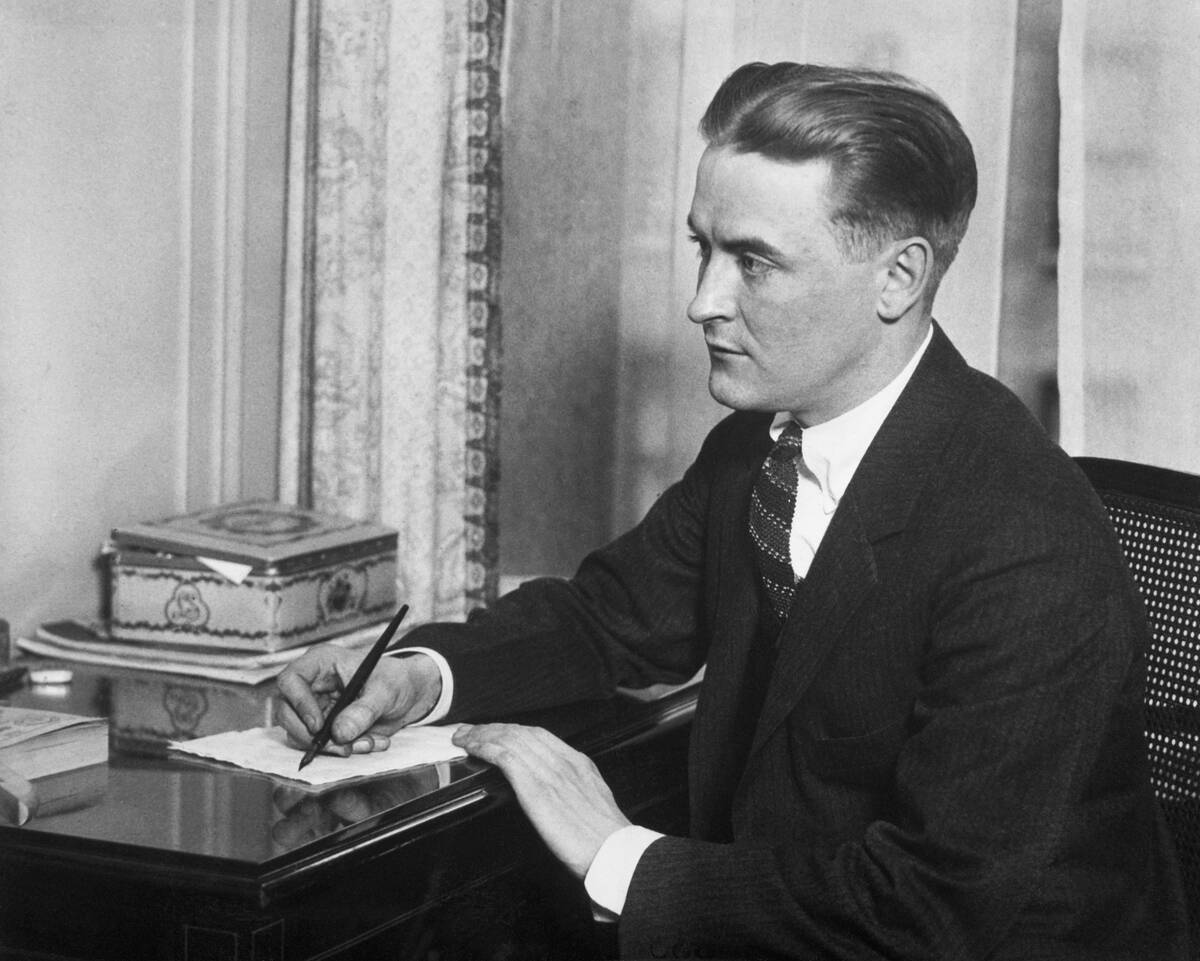
F. Scott Fitzgerald, famous for capturing the essence of the Jazz Age, was also known for his tumultuous relationship with alcohol. As he chronicled the glittering parties and exuberant lifestyles of the 1920s, Fitzgerald himself succumbed to the era’s excesses.
His drinking exacerbated his financial struggles and strained his marriage to Zelda Sayre. Despite these challenges, Fitzgerald’s work remains a testament to his literary prowess and the complex interplay between creativity and personal hardship.
Janis Joplin: The Rock Icon’s Struggle with Alcohol and Drugs
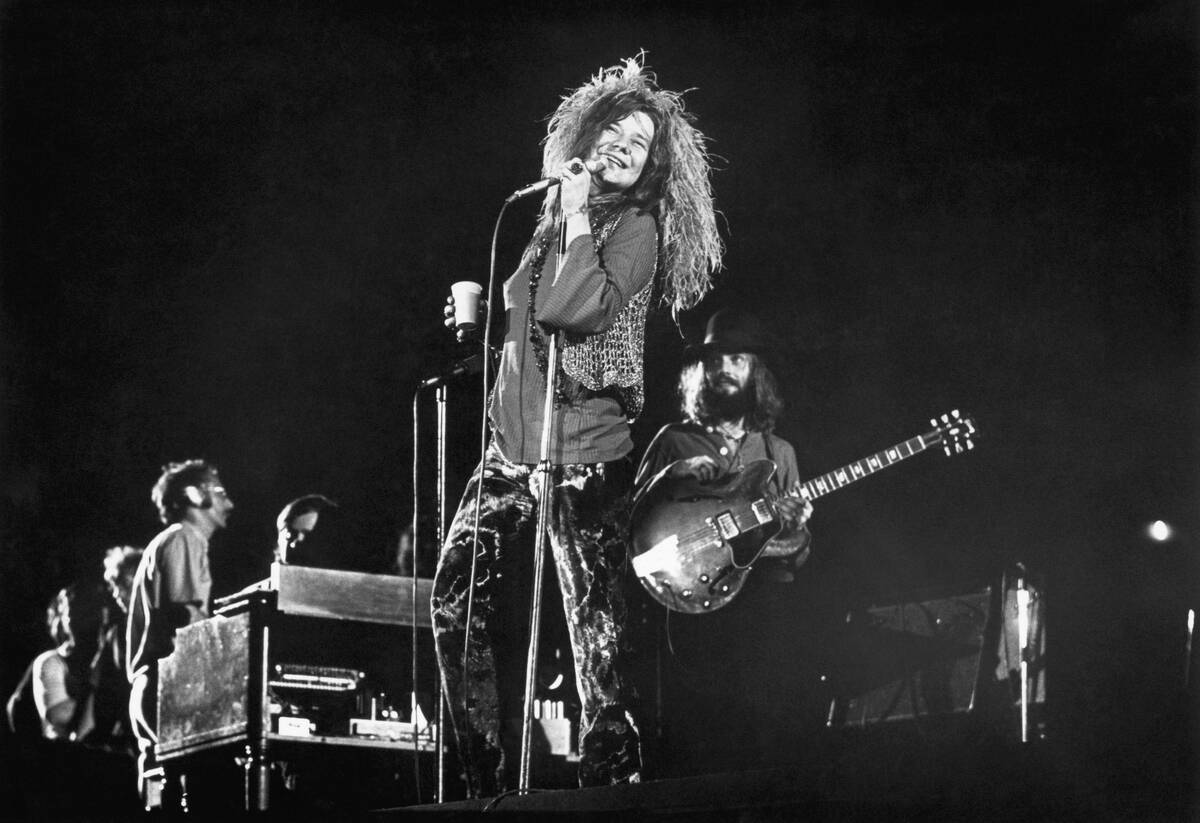
Janis Joplin, a defining voice of the 1960s counterculture, battled addiction throughout her career. Known for her powerful, soulful voice, Joplin’s use of alcohol and heroin was a coping mechanism for her insecurities and the pressures of fame.
Her untimely death at 27 cemented her status as a member of the infamous “27 Club.” Joplin’s legacy, marked by musical brilliance and personal struggles, continues to resonate, highlighting the often-tragic intersection of talent and addiction.



